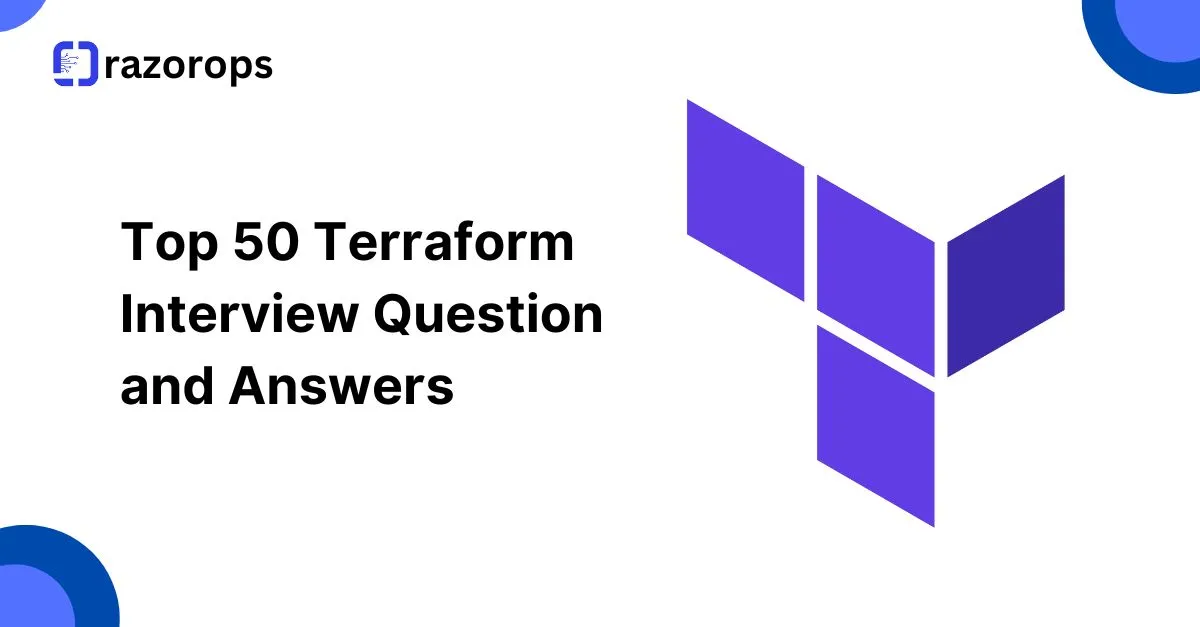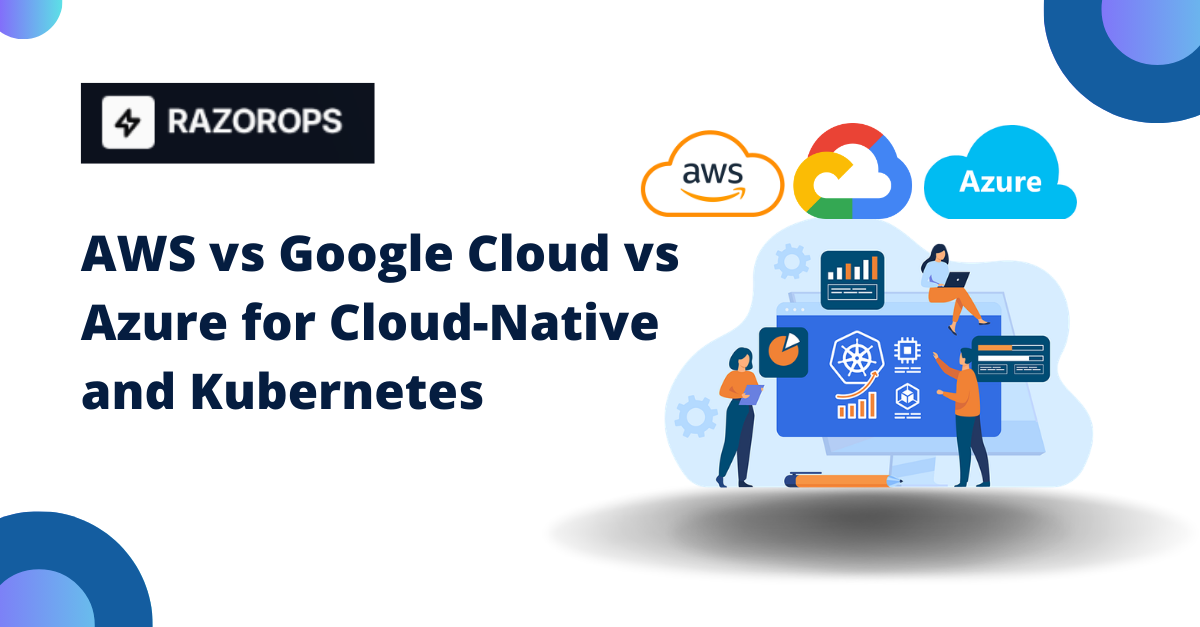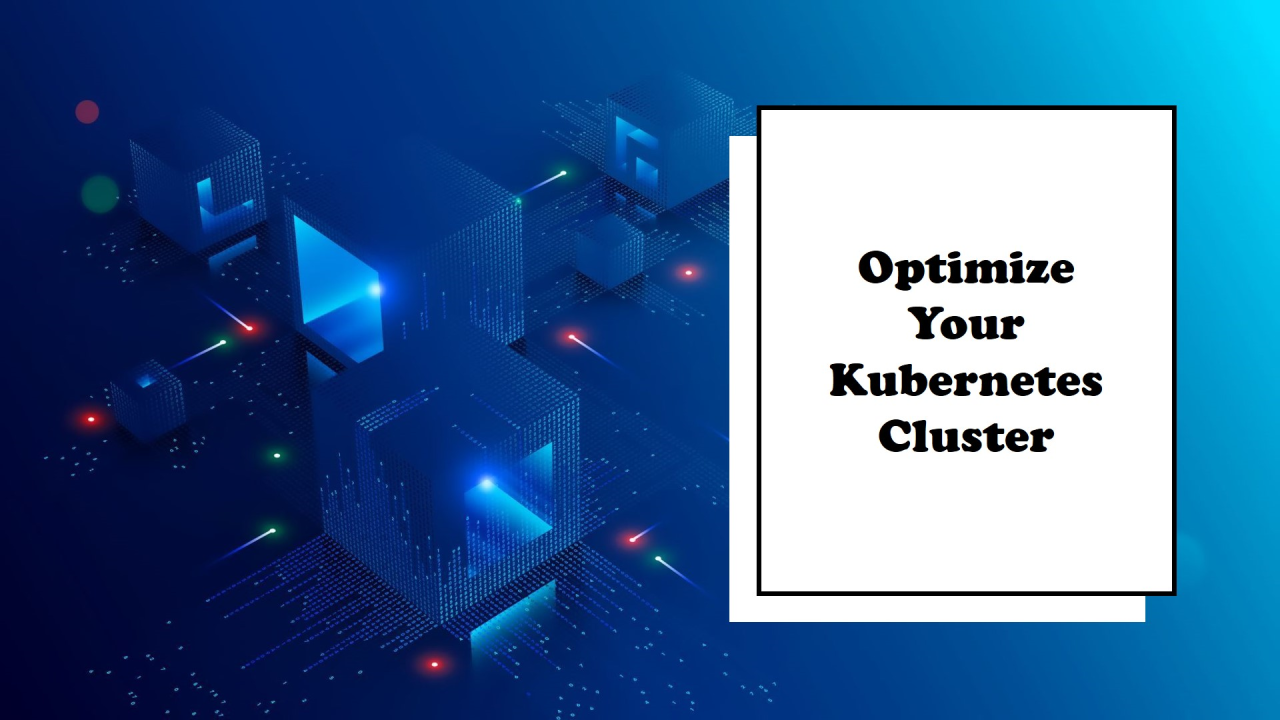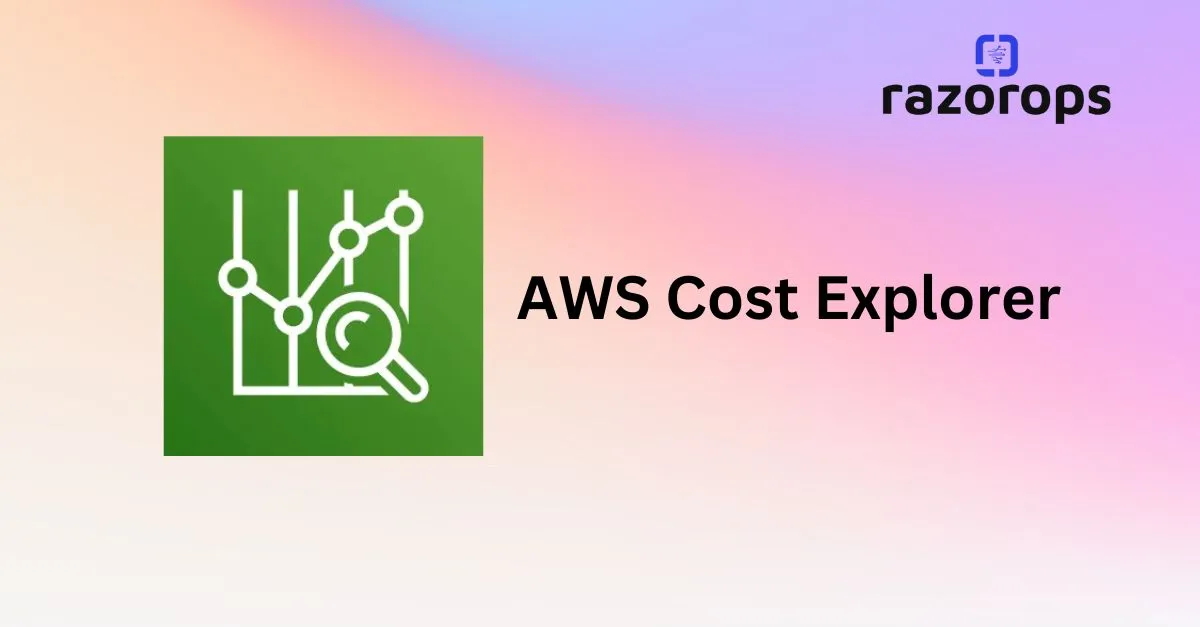Top 50 Terraform Interview Question and Answers

-
What is Terraform?
- Terraform is an open-source Infrastructure as Code (IaC) tool by HashiCorp. It allows users to define and provision infrastructure using a declarative configuration language.
-
How does Terraform work?
- Terraform manages infrastructure by reading the configuration files and then creating an execution plan. This plan describes what it will do to reach the desired state, and then applies the necessary changes.
-
What is a Terraform provider?
- Providers are responsible for managing the lifecycle of a resource. Examples include cloud providers like AWS, Azure, and GCP, and on-premises solutions like VMware.
-
What are Terraform modules?
- Modules are containers for multiple resources that are used together. They enable reusability, simplify configuration, and organize resources logically.
-
What is the purpose of the
terraform initcommand?- The
terraform initcommand initializes the configuration, downloads providers, and sets up the backend to store state.
- The
-
Explain the Terraform lifecycle.
- The Terraform lifecycle includes:
terraform init,terraform plan, andterraform apply. Optional commands includeterraform validate,terraform destroy, andterraform refresh.
- The Terraform lifecycle includes:
-
What is the difference between
terraform applyandterraform plan?terraform planshows what actions Terraform will take to reach the desired state, whileterraform applyexecutes those actions.
-
What is Terraform state?
- Terraform state is a file that keeps track of the infrastructure created by Terraform, ensuring consistency between what is deployed and what is defined.
-
Why do we need a state file in Terraform?
- The state file enables tracking of resources, dependency resolution, and mapping of resources to configuration.
-
How do you manage state in Terraform?
- State can be managed locally or remotely. Remote backends, such as AWS S3 or HashiCorp Consul, are commonly used for collaboration and backup.
-
What is remote state management?
- Remote state management stores the state file in a remote location to enable team collaboration and secure storage.
-
What is a Terraform backend?
- A backend is used to define where the Terraform state is stored and can also manage operations like
applyandplanlocking.
- A backend is used to define where the Terraform state is stored and can also manage operations like
-
What is a workspace in Terraform?
- Workspaces are a way to manage multiple environments with a single configuration, such as staging and production.
-
How do you handle sensitive data in Terraform?
- Sensitive data can be managed using environment variables, the
sensitiveattribute, and tools like HashiCorp Vault or AWS Secrets Manager.
- Sensitive data can be managed using environment variables, the
-
Explain the use of
.tfand.tfstatefiles..tffiles contain the configuration for resources, and.tfstatefiles store the current state of infrastructure.
-
What are data sources in Terraform?
- Data sources retrieve read-only data from external sources to use within Terraform configurations.
-
Explain the use of
terraform import.terraform importimports an existing infrastructure into Terraform management.
-
What is the
terraform refreshcommand?- The
terraform refreshcommand updates the state file with the actual configuration of resources without applying any changes.
- The
-
How do you create reusable components in Terraform?
- Reusable components are created using modules.
-
What is the use of
terraform fmt?- The
terraform fmtcommand is used to format code to the standard style, improving readability.
- The
-
How do you handle dependencies between resources in Terraform?
- Terraform automatically handles dependencies based on resource references, but explicit dependencies can be set using the
depends_onattribute.
- Terraform automatically handles dependencies based on resource references, but explicit dependencies can be set using the
-
Explain the
countandfor_eachmeta-arguments.countallows you to create multiple instances of a resource, whilefor_eachis used for dynamic resource creation based on a map or list.
-
What is drift in Terraform?
- Drift occurs when the actual infrastructure deviates from the state file configuration. This can be identified with
terraform planorterraform refresh.
- Drift occurs when the actual infrastructure deviates from the state file configuration. This can be identified with
-
Explain conditional expressions in Terraform.
- Conditional expressions allow you to define resources or settings based on conditions, using
ifstatements.
- Conditional expressions allow you to define resources or settings based on conditions, using
-
What is Terraform Cloud?
- Terraform Cloud is a SaaS offering that provides a centralized version of Terraform, enabling collaboration, governance, and automation.
-
What is the difference between
terraform taintandterraform untaint?terraform taintmarks a resource for recreation, whileterraform untaintremoves that mark.
-
How do you handle multiple providers in Terraform?
- Multiple providers can be used by aliasing providers and specifying the alias in resource definitions.
-
What is Sentinel in Terraform?
- Sentinel is a policy-as-code framework that allows you to enforce governance and compliance in Terraform configurations.
-
Explain the purpose of the
outputvariable.- Output variables allow you to display key information from your configuration after deployment.
-
What is a
terraform destroycommand?- The
terraform destroycommand destroys all resources managed by a Terraform configuration.
- The
-
Why is it important to use version control with Terraform?
- Version control allows tracking of infrastructure changes, collaboration, and rollback capabilities.
-
What are remote backends and why are they used?
- Remote backends store state files remotely, enabling collaboration, secure access, and state locking.
-
How can you use CI/CD with Terraform?
- CI/CD integration enables automated infrastructure deployment and updates, ensuring consistency and faster deployments.
-
What are the benefits of using Terraform in a multi-cloud environment?
- Terraform’s multi-cloud support allows a consistent approach across different providers, reducing learning curves and avoiding vendor lock-in.
-
Explain the
localsblock in Terraform.- The
localsblock defines local variables within a module, often used for simplifying configurations.
- The
-
What are custom providers in Terraform?
- Custom providers are created to manage resources for unsupported services, using the Terraform Plugin SDK.
-
How does Terraform handle resource deletion?
- Resources are deleted when they are removed from the configuration, or when
terraform destroyis run.
- Resources are deleted when they are removed from the configuration, or when
-
How can you upgrade Terraform modules?
- Modules can be upgraded by specifying a new version in the configuration and running
terraform init -upgrade.
- Modules can be upgraded by specifying a new version in the configuration and running
-
What is the purpose of the
terraform graphcommand?terraform graphgenerates a dependency graph of resources, aiding in understanding relationships.
-
What are some common errors in Terraform?
- Common errors include version mismatches, incorrect variable declarations, and unsupported provider features.
-
How do you resolve provider version conflicts?
- Provider version conflicts are resolved by specifying compatible versions and using
terraform init -upgrade.
- Provider version conflicts are resolved by specifying compatible versions and using
-
What is the purpose of the
-refreshflag in Terraform?- The
-refreshflag forces a state refresh before planning, updating any changes in real-time.
- The
-
How can you enforce security policies with Terraform?
- Policies can be enforced using Sentinel or by embedding policies directly within Terraform configurations.
-
Explain the difference between
outputandlocalvariables.outputvariables expose data from a module, whilelocalvariables are used within a module for configuration simplicity.
-
What are the benefits of state locking in Terraform?
- State locking prevents concurrent modifications, ensuring consistency and preventing corruption.
-
What is an execution plan in Terraform?
- An execution plan is generated by
terraform plan, detailing proposed changes to reach the desired state.
- An execution plan is generated by
-
How do you handle rollbacks in Terraform?
- Rollbacks can be managed by using version control for configurations and applying previous versions of code.
-
What is an
overridefile in Terraform?- Override files allow local modifications without altering the main configuration, useful for local testing.
-
How can you test Terraform configurations?
- Testing can be done using
terraform plan, static code analysis, and tools like Terratest and InSpec.
- Testing can be done using
-
Explain how Terraform ensures idempotency.
- Terraform ensures idempotency by managing infrastructure through its state file, preventing duplicate creation or accidental deletion.
Enjoyed this article? Share it.







